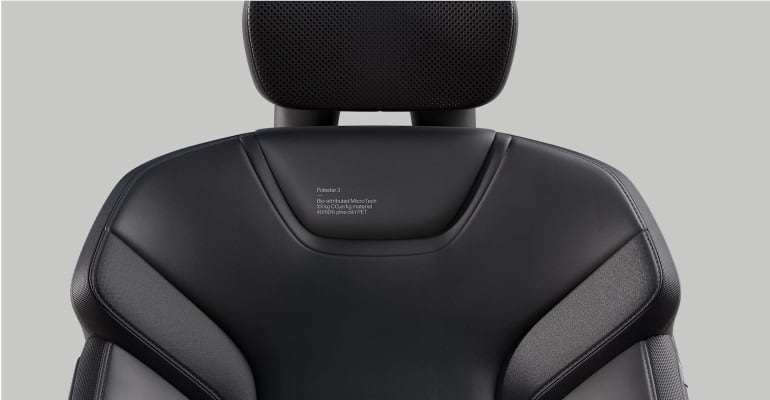Pink hydrogen – China-bottled-PET 09-02-2023 - Arhive
Pink hydrogen – China-bottled-PET
Crude Oil Prices Trend
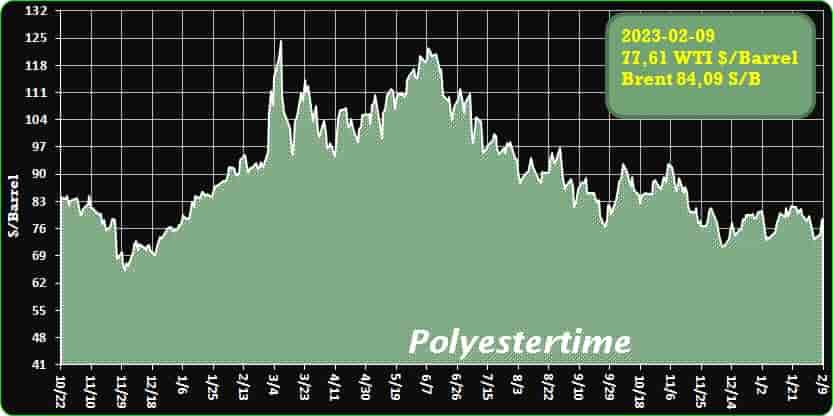
Crude Oil Prices Trend
-Why pink hydrogen produced using nuclear may have a big role to play – EQ Mag
There’s a buzz about green hydrogen. But pink, produced using nuclear, may have a huge role to play too
- While there’s a buzz about hydrogen and its use as a tool in securing a low-carbon future, the vast majority of its production is still based on fossil fuels.
- Today, an array of sources and systems of hydrogen production are being put forward as alternatives.
- From blue to grey and green to pink, a host of colors are being used to classify these different methods of production.
From Tesla’s Elon Musk to European Commission President Ursula von der Leyen, the past few years have seen many high-profile names talk about the role hydrogen may — or may not — play in the planet’s shift to a more sustainable future. Pink hydrogen – China-bottled-PET
Musk has expressed skepticism about hydrogen’s usefulness, but many think it could help to slash emissions in a number of sectors, including transportation and heavy industry.
While there’s a major buzz about hydrogen and its importance as a tool in securing a low-carbon future — a topic that’s generated a lot of debate in recent months — the vast majority of its production is still based on fossil fuels.
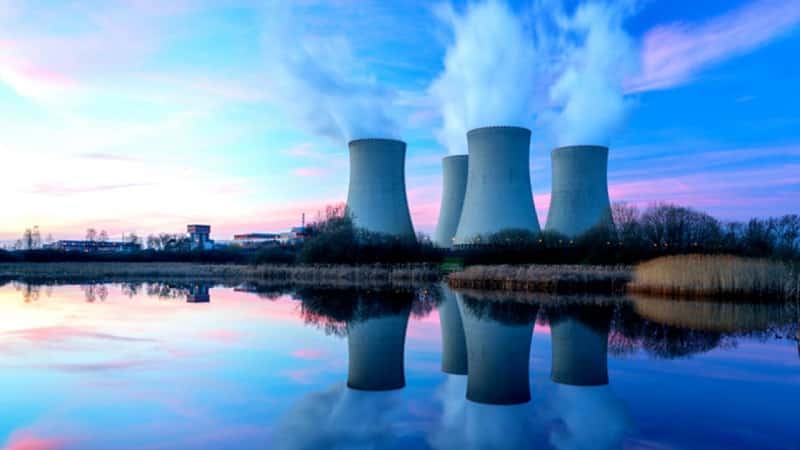
-Honda to sell next-generation hydrogen fuel cell system from mid-2020s
Honda said Thursday it will start selling its next-generation hydrogen fuel cell systems for cars and other products in the mid-2020s, initially targeting 2,000 units per year and ramping up to 60,000 in 2030, to meet its goal of reducing carbon emissions.
The manufacturer, seeking to expand the take-up of zero-emission hydrogen, said it hopes to sell “a few hundred thousand” units of the system, jointly developed with General Motors, annually by the second half of the 2030s. Pink hydrogen – China-bottled-PET
Hydrogen fuel cells, which produce electricity through a chemical reaction between oxygen and hydrogen without any carbon dioxide emissions, are touted as a solution to tackle global warming, although the requirement to build hydrogen refueling infrastructure remains a challenge.
Honda said fuel cell systems can be used not only to power passenger vehicles but are also viable for commercial trucks, stationary power stations and construction machinery.
Arata Ichinose, Honda’s operating executive and head of the business development supervisory unit, told a press briefing that by achieving sales of 60,000 units in 2030, the company hopes to secure a double-digit percentage market share of new hydrogen-powered medium and large commercial trucks sold globally.
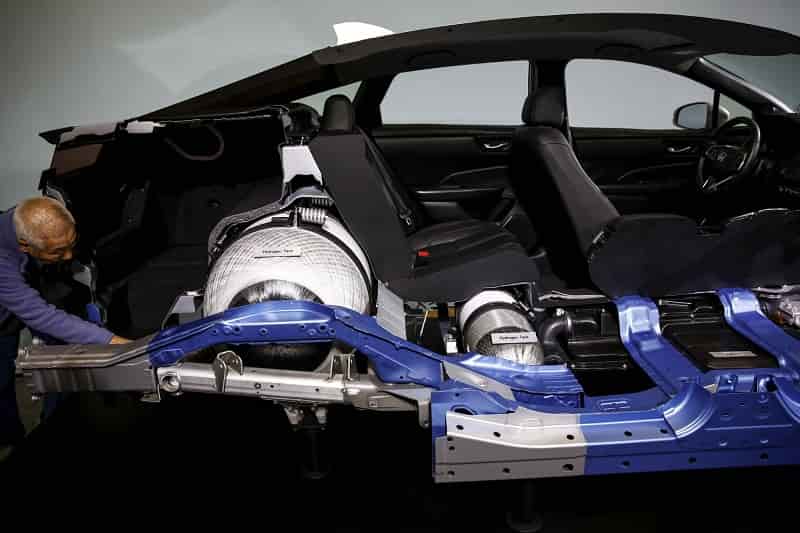
-Export prices of bottled PET in China have increased
Export prices for bottled polyethylene terephthalate (PET) in China rose in the spot market amid higher demand, ICIS reported.
Prices were USD970-1,030 per tonne, FOB China in the week ended February 3, compared to USD955-995 per tonne, FOB China in the week ending January 20.
Prices have generally increased as consumer interest in Chinese spot bottle PET has grown as traders and processors are known to be replenishing stocks after the Lunar New Year holidays. Pink hydrogen – China-bottled-PET
Prices also sounded in a wider range amid fluctuations in oil and commodity prices.
Earlier it was reported that the contract price of purified terephthalic acid (TPA) in Europe for January 2023 increased by EUR27. Thus, the January contract price of TPA increased by EUR27 per tonne to EUR951-985 per tonne, FD NWE (Northwest Europe).
According to the ScanPlast survey, the estimated consumption of PET in December 2022 increased by 24% compared to last year. In the reporting month, the estimated consumption of PET amounted to 86.15 thousand tons. In total, by the end of 2022, the total estimated consumption in Russia increased by 2% and amounted to 844.84 thousand tons of PET (830.43 thousand tons in 2021).
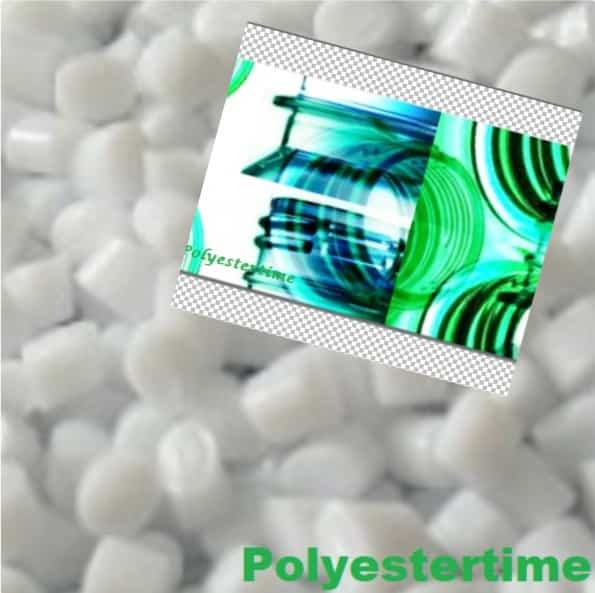
-Idemitsu and Toray Creating Japan’s First Biomass ABS Resin Supply Chain
Toray Industries, Inc., and Idemitsu Kosan Co., Ltd., announced today that they have agreed to build a supply chain for plastics made from biomass naphtha. They would manufacture biomass styrene monomer derived from biomass naphtha and acrylonitrile butadiene styrene (ABS) (see note 1) resin made from that monomer.
Idemitsu will leverage the mass balance method (see note 2) to manufacture biomass styrene monomer. Pink hydrogen – China-bottled-PET
Toray’s Chiba Plant will use that polymerize to become the first in Japan to produce biomass ABS resin, starting in October this year.
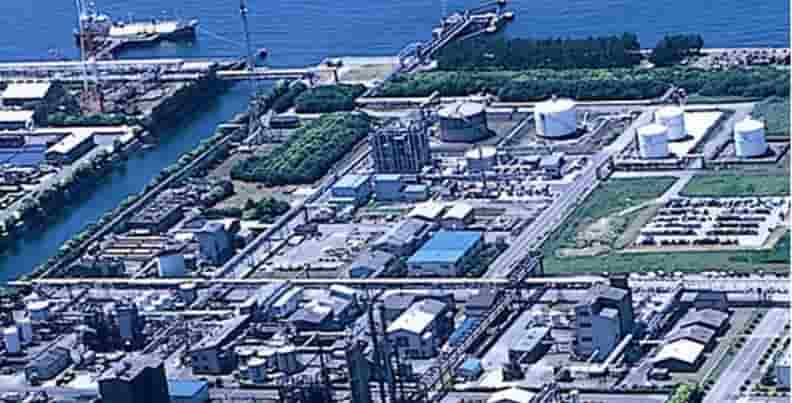
-Maire Tecnimont acquires control of new chemical recycling technology
Maire Tecnimont S.p.A. has announced that its subsidiary, NextChem S.p.A., has signed an agreement with Biorenova S.p.A. to acquire, scale up and industrialise the proprietary CatC technology – a continuous chemical recycling process to recover monomers (building blocks for the plastic value chain) with ultra-high levels of purity from sorted plastic waste, particularly polymethylmethacrylate (PMMA, commonly plexiglass).
NextChem intends to scale up CatC’s industrialisation in the plexiglass market, while progressively expanding its application to other value-added plastics, as this technology could also be suitable for the depolymerisation of polystyrene, a largely used plastic with numerous industrial applications from food packaging to electronics and automotive, among others. Pink hydrogen – China-bottled-PET
Moreover, further optimisation of the technology could address the even larger polyolefins market.
The CatC technology has been developed in the Abruzzo region (central Italy), where the first market development plant has already been built.
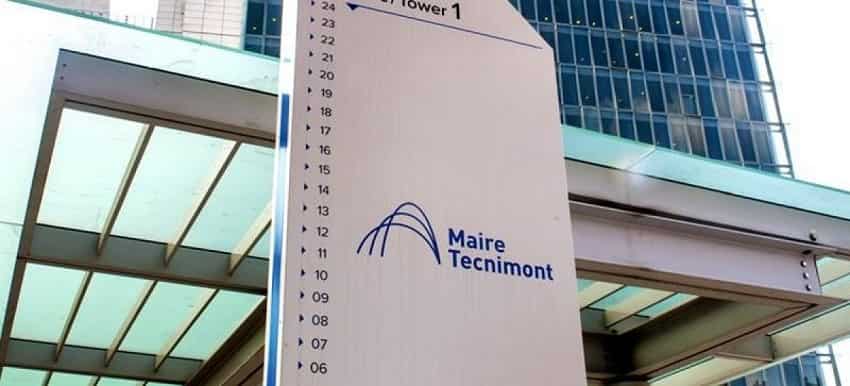
-Marelli develops new technology for electric cars
Marelli has been awarded the supply of the central system for electric cars of one of the most important car brands.
Starting from 2026, the control unit that manages the batteries of future low-emission electric vehicles, the BEVs (acronym for Battery Electric Vehicles), of a well-known global carmaker, will be signed by Marelli.
A hardware but also a software that allows you to optimally manage the energy reserve in electric vehicles. Pink hydrogen – China-bottled-PET
Hannes Prenn, President of Marelli’s Electric Powertrain division said: “We are excited about this important assignment, particularly as this technology plays a key role in energy management in electric vehicles. This award further strengthens our collaboration with leading global carmakers and is a recognition of the consolidated experience achieved by Marelli over the years in the development of BMS with different architectures, to adapt to the specific needs of our customers and co-create with them the vehicles of tomorrow”.
A reduced wiring through which a control unit monitors and controls the state of the battery, a system that is positioned directly on the module of the cell to be monitored. In addition to reducing the overall dimensions of the wiring, this solution also allows for the completion of a limited number of sensors and cables that connect the adjacent CMC modules. Pink hydrogen – China-bottled-PET
Each Cell Module Controller is autonomous and manages the measurements and connections according to the need for energy and autonomy.
The BMS (acronym for Battery Management System) manages the stored energy and the battery’s ability to supply energy to the vehicle, while at the same time controlling the operational conduct and the battery status.
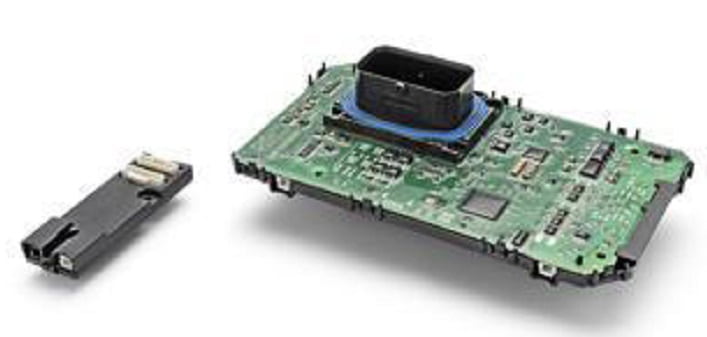
-Polestar Vehicle Seat Integrates Bio-Attributed PVC
Made from renewable vinyl and recycled polyester textile, the bio-attributed MicroTech is a “vegan” alternative to leather and comes as standard equipment in the Polestar 3.
The recently launched Polestar 3 electric SUV is not only drivable without the need for fossil fuels — featured as standard is a seat-covering material made from renewable polyvinyl chloride (PVC) and recycled polyester textile. The bio-attributed component of MicroTech is derived from tall oil. Pink hydrogen – China-bottled-PET
Polestar has printed the details of the source, carbon footprint, and percentage of recycled/renewable content on the surface of the upholstery. Optional materials include animal welfare–secured Nappa leather, and animal welfare–certified wool combined with 20% recycled polyester content. Polestar Bio-Attributed PVC
Bio-attributed PVC suppliers include Ineos group company Inovyn with its Biovyn material, and Vynova with its bio-circular PVC portfolio. The materials are manufactured using ethylene derived from waste and residues of biological origin that do not compete with the food chain.
Made from renewable vinyl and recycled polyester textile, the bio-attributed MicroTech is a “vegan” alternative to leather and comes as standard equipment in the Polestar 3.
The recently launched Polestar 3 electric SUV is not only drivable without the need for fossil fuels — featured as standard is a seat-covering material made from renewable polyvinyl chloride (PVC) and recycled polyester textile. The bio-attributed component of MicroTech is derived from tall oil.
Polestar has printed the details of the source, carbon footprint, and percentage of recycled/renewable content on the surface of the upholstery. Optional materials include animal welfare–secured Nappa leather, and animal welfare–certified wool combined with 20% recycled polyester content. Pink hydrogen – China-bottled-PET
Bio-attributed PVC suppliers include Ineos group company Inovyn with its Biovyn material, and Vynova with its bio-circular PVC portfolio. The materials are manufactured using ethylene derived from waste and residues of biological origin that do not compete with the food chain.
